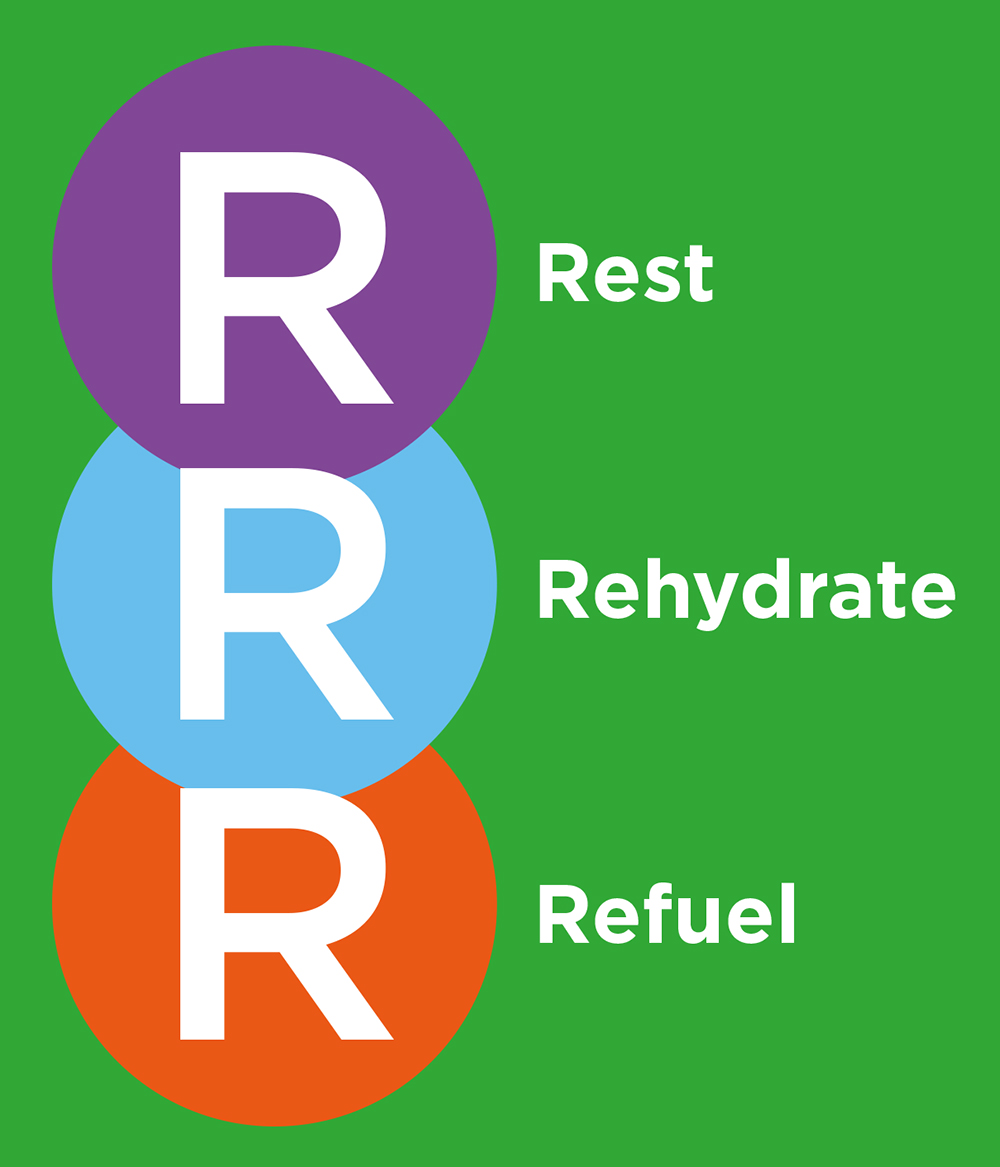Imagine walking several miles with no drink, food or rest. Do-able, probably, but not good for you, especially if the finish line is always moving further away and you have to do it all again tomorrow.
A resource published by the RCN as part of a new campaign encouraging members to look after themselves at work says nursing staff cover long distances during the average shift – four to six miles, according to one study; up to seven miles, says another.
Breaks should be seen as a necessity, rather than a luxury
The 3Rs initiative, covering the need to “rest, rehydrate, refuel”, emphasises the link between proper breaks and safety.
The campaign materials stress that because staff in health care environments are constantly making safety-critical decisions, “breaks should be seen as a necessity, rather than a luxury”. And yet an RCN survey last year found that nearly 60% of respondents did not get to take sufficient breaks on their last shift.
So what steps can you take to help yourself? The 3Rs campaign materials offer this advice.
Rest
- Don’t feel guilty about taking your rest breaks and encourage others to adopt the same attitude. A culture of skipped breaks threatens patient and staff safety.
- If missed breaks are becoming a pattern, alert your line manager. Keep a tally and complete an incident form that covers a stretch of shifts.
- Ask your manager about action being taken to address the problem. And let your RCN rep know what’s happening.
- Remember that health and welfare at work is enshrined in law.
Rehydrate
- Begin your shift well hydrated and ensure that you keep hydrated. Among the 3Rs resources available to download is a chart that matches urine colour to hydration levels.
- Dehydration can affect your health and your performance through its impact on concentration and cognitive performance. It also triggers fatigue. A study in one NHS hospital found that 45% of staff were dehydrated at the end of their shift. Dry lips and mouth, dizziness and headache are among other warning signs.
- Always act on signs of dehydration.
- Raise with your manager and RCN rep any issue concerning access to drinking water. It could represent a breach of health and safety legislation.
Refuel
- Healthy eating is crucial to getting through a busy shift safely. Make sure you have access to, and sufficient time to eat nutritional food that releases energy slowly.
- Night shifts have been associated with obesity and poor health outcomes, so for night staff good nutrition is especially important.
- If you know access to food may be difficult because, for example, the staff canteen is closed, remember to bring in additional snacks such as almonds and bananas.
- All staff, including those who are community based, should have somewhere they can eat that is free from contamination.
- Remember, the risks are real: a nurse was banned from driving last year after crashing her car on the way home from a long night shift with no breaks. She had been too busy to eat or drink.
Find out more
Get more information on the 3Rs campaign and download resources, including posters and advice.









